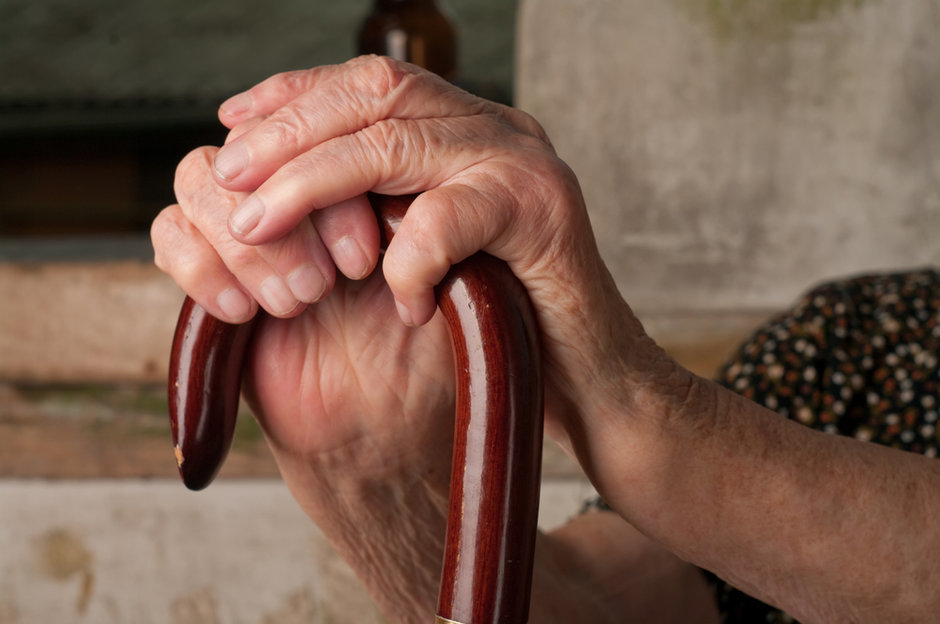
Muscat: Nearly 70,000 elderly people in Oman are under the Ministry of Health’s elderly care programme, which was created to ensure that they are given prompt, affordable and continuous healthcare.
On the occasion of the International Day of the Elderly, Dr Ahmed Al Wahibi, senior consultant of family and community medicine at Ministry of Health, called for raising awareness about the presence of this elderly care programme, and asked families to enroll them with this scheme.
By the end of 2018, close to 68,680 elderly were enrolled in the programme, which is being carried out by primary healthcare institutions in the country.
This constitutes 44.8 per cent of the total elderly population in Oman, with the total elderly population – those who are aged above 60 – constituting six per cent of the population.
Dr Ahmed Al Wahibi said, “Families should urge the elderly and motivate them to visit the doctor, go out to the community and participate in social activities and their expertise and advice should be utilised.”
Dr Ahmed Al Wahibi added, “Participants in the programme are subjected a comprehensive examination which includes testing and managing their hearing, vision, diabetes, pressure and joint problems, and these screenings are repeated every three years.”
He explained: “The programme seeks to detect the health problems so that they can be treated early to avoid a worsening of the situation. The most important problems experienced by the elderly are hearing problems that lead to social isolation, but the early detection of these problems lead to treatment and improvement of hearing and thus enables the elderly to exercise their social lives better.”
In 2018, 14,810 additional people were enrolled in the Ministry of Health’s elderly care programme, among whom 4.1 per cent suffered from diabetes, 4.6 per cent had hypertension, 4.9 per cent had dyslipidaemias, 1.2 per cent had thyroid disorders, 0.8 per cent had prostate disorders, 0.2 per cent presented malignancies, and 2.4 per cent were diagnosed with other medical issues.
“The programme is a collaboration between the Ministry of Health and the Ministry of Social Development, which studies the situation of the elderly from the economic and social perspective and the availability of caregivers at home,” said Dr Al Wahibi.
“In the case of the elderly, they sometimes need support, so we collaborate with volunteers from NGOs to visit the elderly who are found to be living alone, and help them take care of their home, provide for their needs and sit with him and follow up on their medication.”
Adding to this, Anuya Phule, a clinical psychotherapist at Hatat Polyclinic, said that old people sometimes felt lonely because they needed company.
“Elderly people are often found alone, so it is important that we spend time with them,” she said. “Social isolation is not supposed to be good for anyone because it leads to a number of mental ailments including depression, so although all of us are busy in our lives, we must take the time to reach out to old people and spend some time with them.
“Even sitting near them, asking them how they are doing, taking an interest in their lives, and listening to them will help, because old people sometimes feel they are not being listened to enough,” she added. “Old people like telling stories and they have a lot of stories to tell, so they are worth listening to.”
The Ministry also provides a community nursing service where the team visits the elderly at home and provides them the necessary medical care.